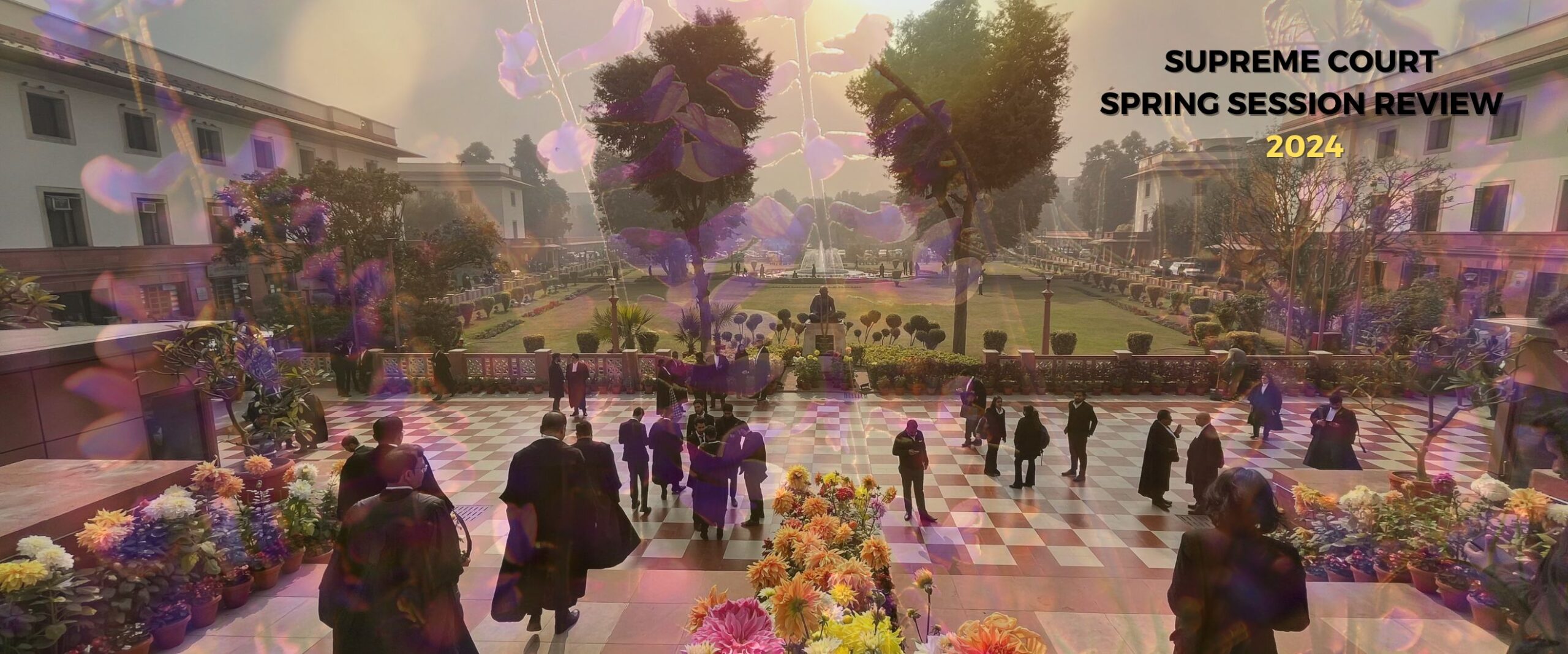
The ruling, delivered by Justice Mithal, underscores the need to prioritize those from SC/ST communities who have not previously accessed reservation benefits. The court's decision aims to target affirmative action more effectively, focusing on individuals who are first-generation beneficiaries rather than extending benefits to those whose families have already received such support. This policy change is poised to influence how reservations are allocated and who qualifies for them, potentially redefining affirmative action frameworks across various sectors.
The judgment follows a detailed examination of the socio-economic impact of existing reservation policies. Justice Mithal noted that while reservations have been instrumental in promoting social equity, the benefits have not always reached those in the greatest need. By limiting reservations to first-generation SC/ST individuals, the ruling seeks to address disparities more directly and ensure that the most disadvantaged members of these communities receive the intended support.
This decision has sparked considerable debate among policymakers and advocacy groups. Proponents argue that the new criteria will better target aid to those who have not yet had the opportunity to benefit from affirmative action, thereby promoting more equitable outcomes. Critics, however, express concern that this could lead to the exclusion of some individuals who, despite coming from historically marginalized communities, may still face significant socio-economic challenges.
The ruling’s impact extends beyond the immediate sphere of SC/ST reservations. It may prompt a reevaluation of similar affirmative action policies nationwide, influencing how governments and institutions approach social equity and support. The decision is anticipated to lead to discussions on adjusting existing frameworks to align with Justice Mithal’s emphasis on first-generation eligibility, potentially reshaping the landscape of affirmative action in the country.
As the ruling is implemented, stakeholders are closely monitoring its effects on both the targeted communities and the broader affirmative action policies. The evolution of this policy will likely be observed and analyzed for its implications on future legal interpretations and the administration of reservations.
